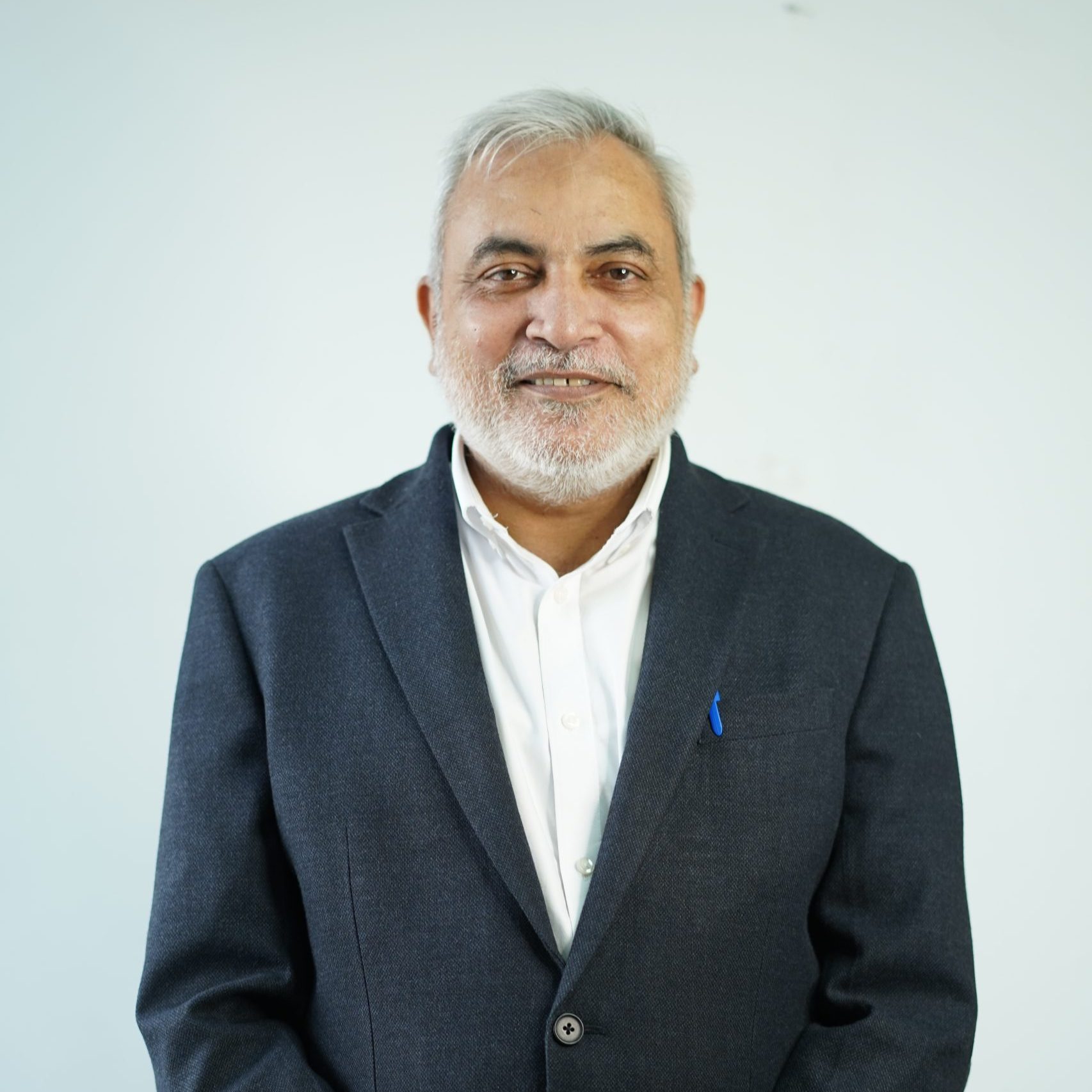The Nephrology Department at our hospital specializes in the diagnosis and treatment of kidney-related conditions. Led by expert nephrologists, our team provides comprehensive care for patients with kidney diseases, including chronic kidney disease, acute kidney injury, and kidney stones. We offer a range of services, including dialysis, kidney transplant evaluation, and management of hypertension and electrolyte imbalances. Our commitment to patient-centered care and collaboration ensures that each patient receives personalized treatment to optimize kidney health and overall well-being.
Services:
Our nephrology services specialize in;
- Chronic kidney disease
- Kidney stones
- Hypertension
- Electrolyte disorders
Our team of nephrologists provides advanced diagnostic testing, including kidney function assessments and imaging studies, along with personalized treatment plans tailored to each patient’s unique needs. We are committed to preserving kidney health, improving outcomes, and enhancing the quality of life for our patients through compassionate and effective care.
Our Doctors
Dr. Zahid Ul Zahideen
Consultant NephrologistDr. Abid Latif Qureshi
Consultant NephrologyDr. Wasif Jamil
Consultant NephrologyDr. Nadeem Murtaza
Consultant NephrologyDr. Zahid Nabi
Consultant NephrologyFAQs
Who is a nephrologist?
You should consider seeing a nephrologist if you experience symptoms such as blood in the urine, changes in urine frequency or volume, swelling in the legs or ankles, persistent high blood pressure, or if you have been diagnosed with conditions such as chronic kidney disease (CKD), kidney stones, or kidney failure.
What conditions do nephrologists treat?
Nephrologists diagnose and manage a wide range of kidney-related conditions, including but not limited to chronic kidney disease (CKD), acute kidney injury (AKI), glomerulonephritis, kidney stones, urinary tract infections (UTIs), polycystic kidney disease (PKD), nephrotic syndrome, and end-stage renal disease (ESRD).
What happens during a visit to a nephrologist?
During your visit, the nephrologist will review your medical history, perform a physical examination, and may order diagnostic tests such as blood tests, urine tests, imaging studies (such as ultrasound or CT scan), or kidney biopsy to evaluate kidney function and identify any underlying conditions. Based on the findings, they will discuss treatment options and develop a management plan tailored to your needs.
Can kidney disease be prevented?
While some kidney diseases may have genetic or other non-preventable causes, many cases of kidney disease can be prevented or delayed through lifestyle modifications and early detection. This includes maintaining a healthy diet low in sodium and processed foods, staying hydrated, avoiding excessive alcohol consumption, not smoking, managing chronic conditions such as diabetes and hypertension, and getting regular check-ups to monitor kidney function.
What treatments are available for kidney disease?
Treatment for kidney disease depends on the underlying cause and severity of the condition. It may include medications to control blood pressure, manage electrolyte imbalances, or treat underlying infections or inflammation. In more advanced cases, treatments such as dialysis or kidney transplantation may be necessary to replace lost kidney function and improve quality of life.
How can I keep my kidneys healthy?
To maintain kidney health, it's important to adopt healthy lifestyle habits such as staying hydrated, eating a balanced diet rich in fruits, vegetables, and whole grains, maintaining a healthy weight, exercising regularly, managing chronic conditions such as diabetes and hypertension, avoiding excessive use of over-the-counter pain medications, and avoiding smoking and excessive alcohol consumption.
These FAQs provide general information about nephrology and common questions related to kidney health and disorders. If you have specific concerns or symptoms, it’s important to consult with a qualified nephrologist for personalized evaluation and treatment.







